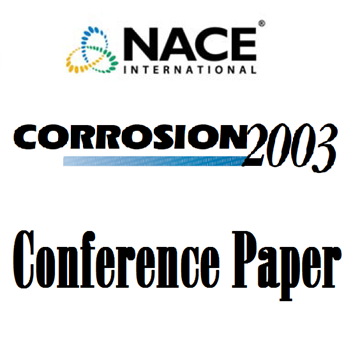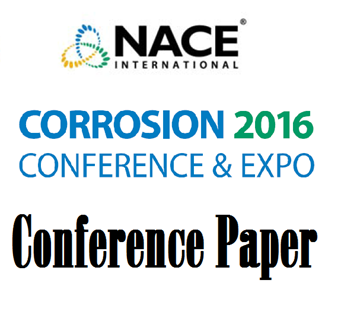Search
10281 Elastomer Testing in Sour Environments
Also Purchased
03140 Fluid Compatibility of Elastomers in Oilfield
Product Number:
51300-03140-SG
ISBN:
03140 2003 CP
Publication Date:
2003
$20.00
51316-7106-Compatibility Behavior of Elastomers for PCP Applications
Product Number:
51316-7106-SG
ISBN:
7106 2016 CP
Publication Date:
2016
$20.00
01113 A PROPOSED RECOMMENDED PRACTICE TO DETERMINE ELASTOMER/OIL MUD COMPATIBILITY
Product Number:
51300-01113-SG
ISBN:
01113 2001 CP
$20.00
Recently viewed




